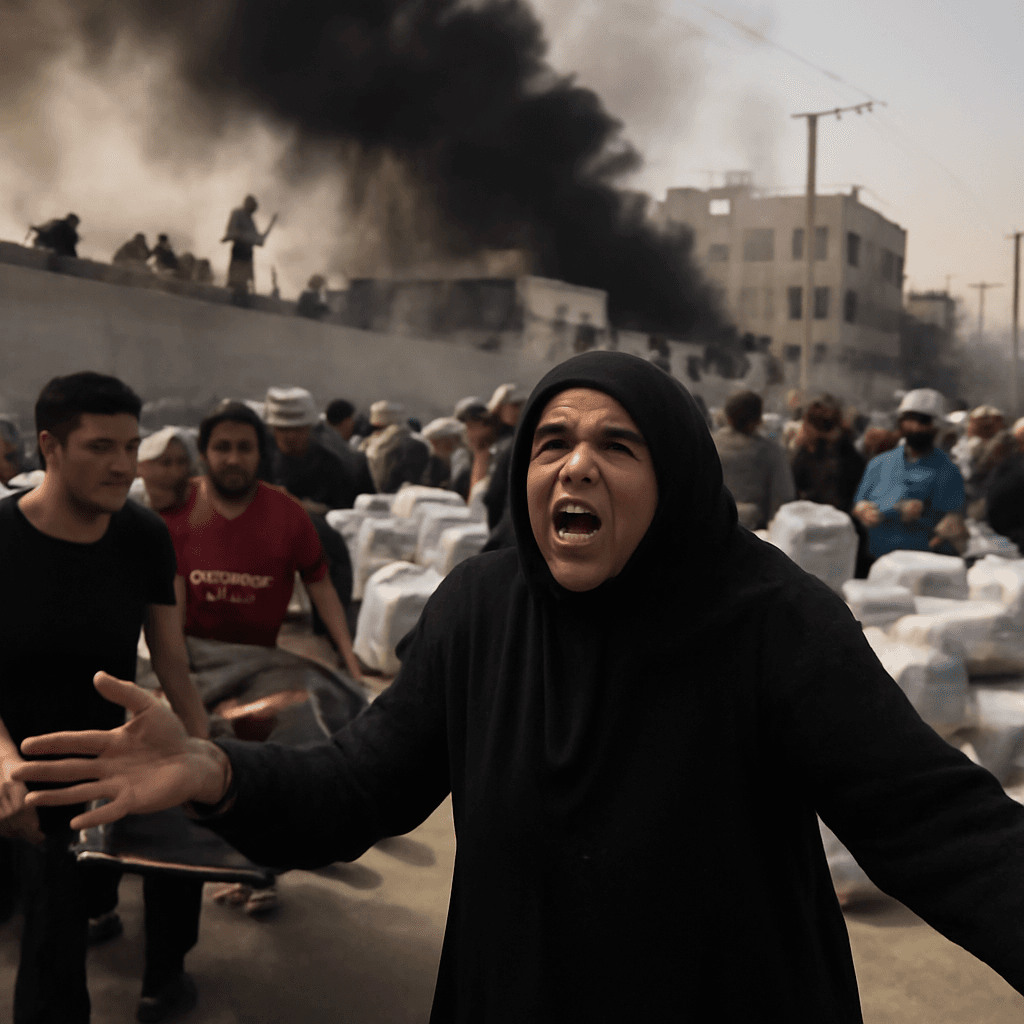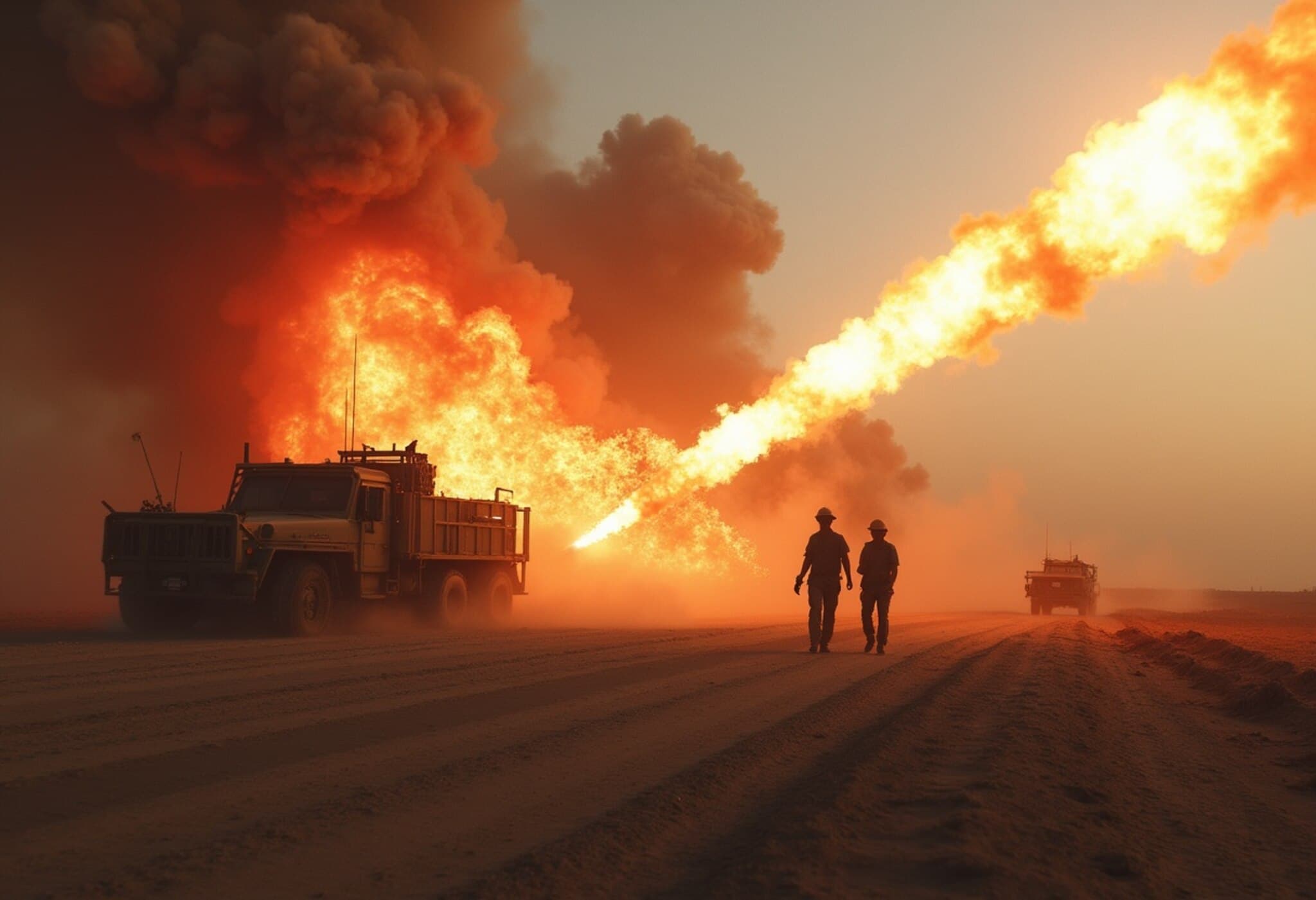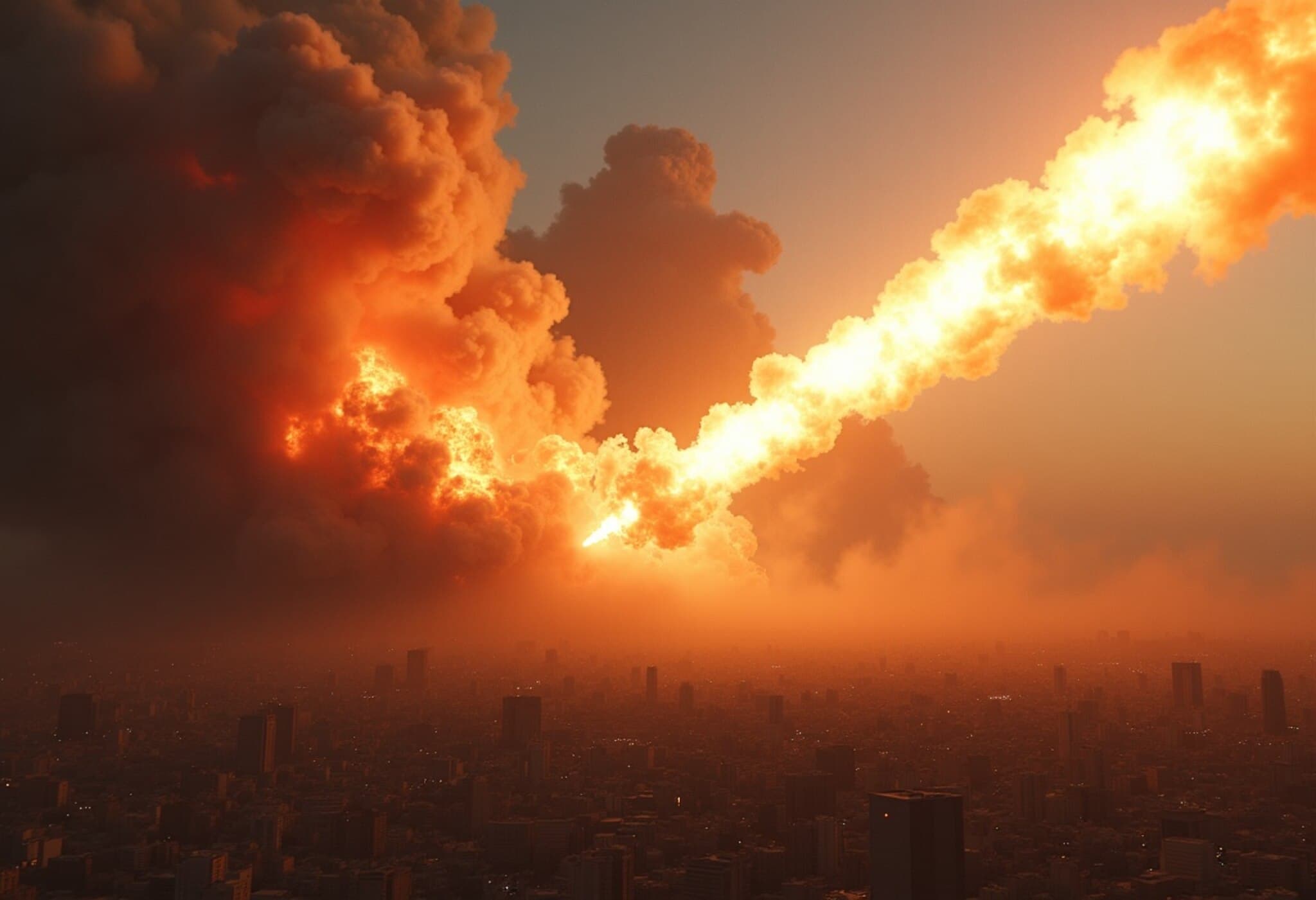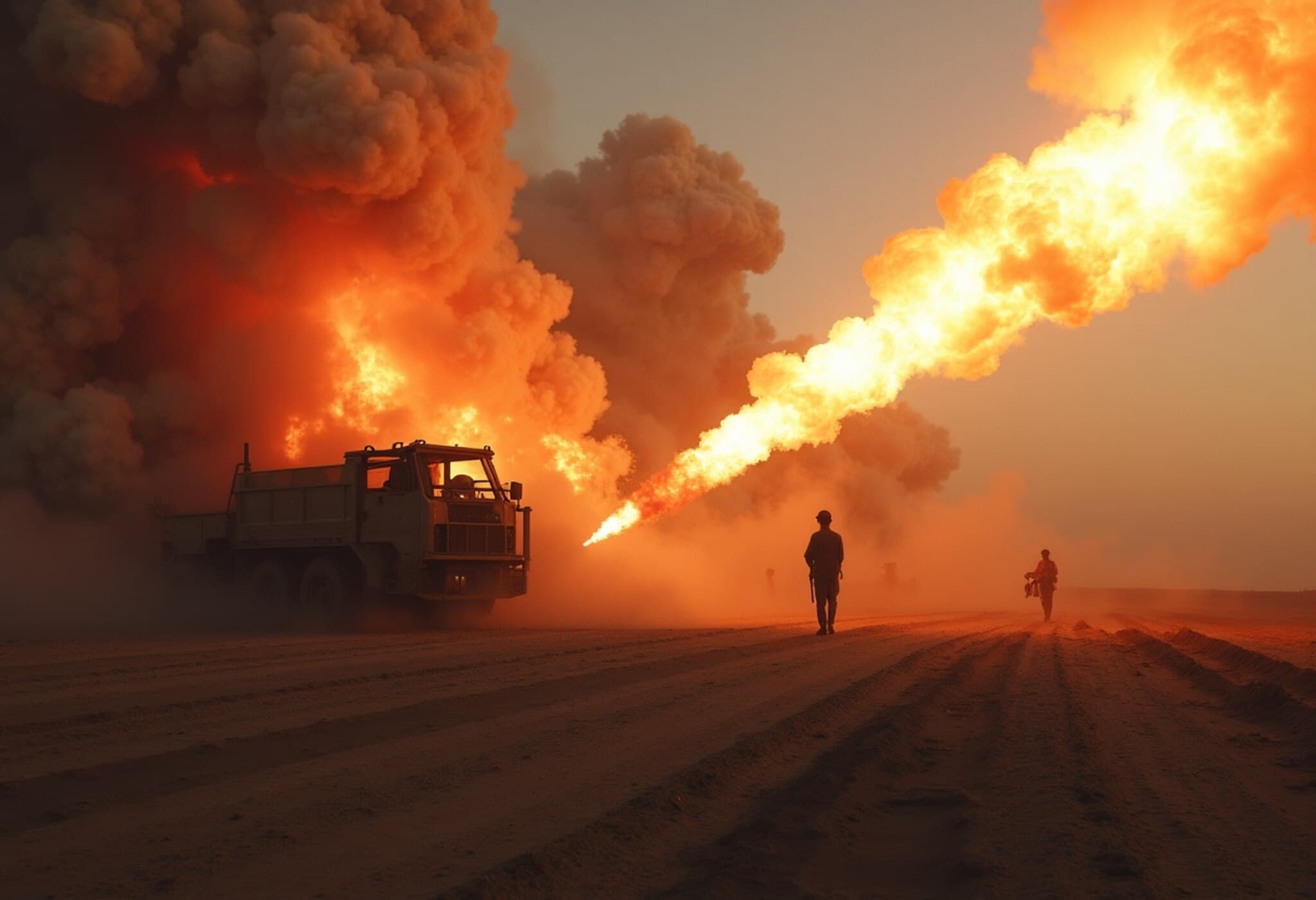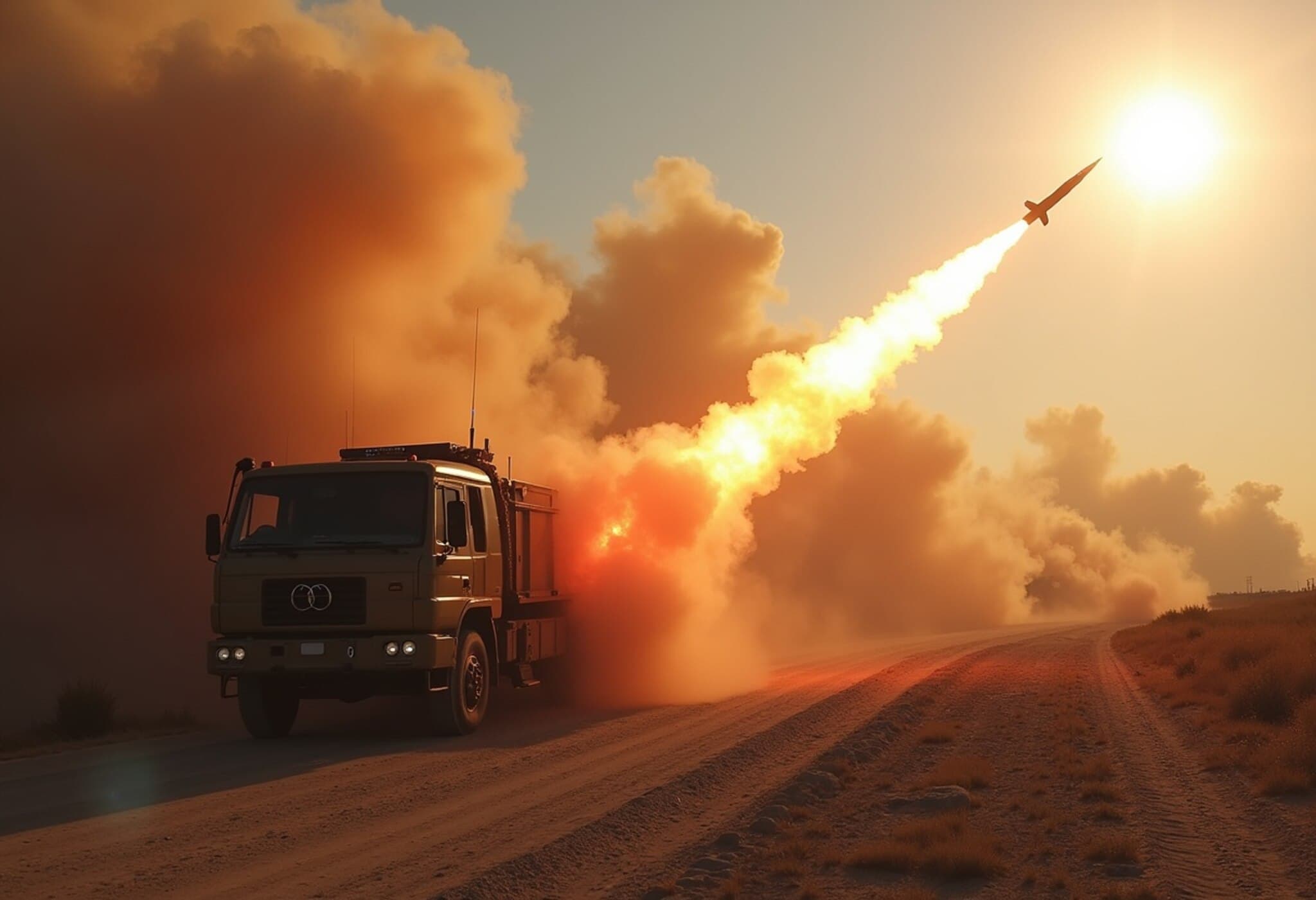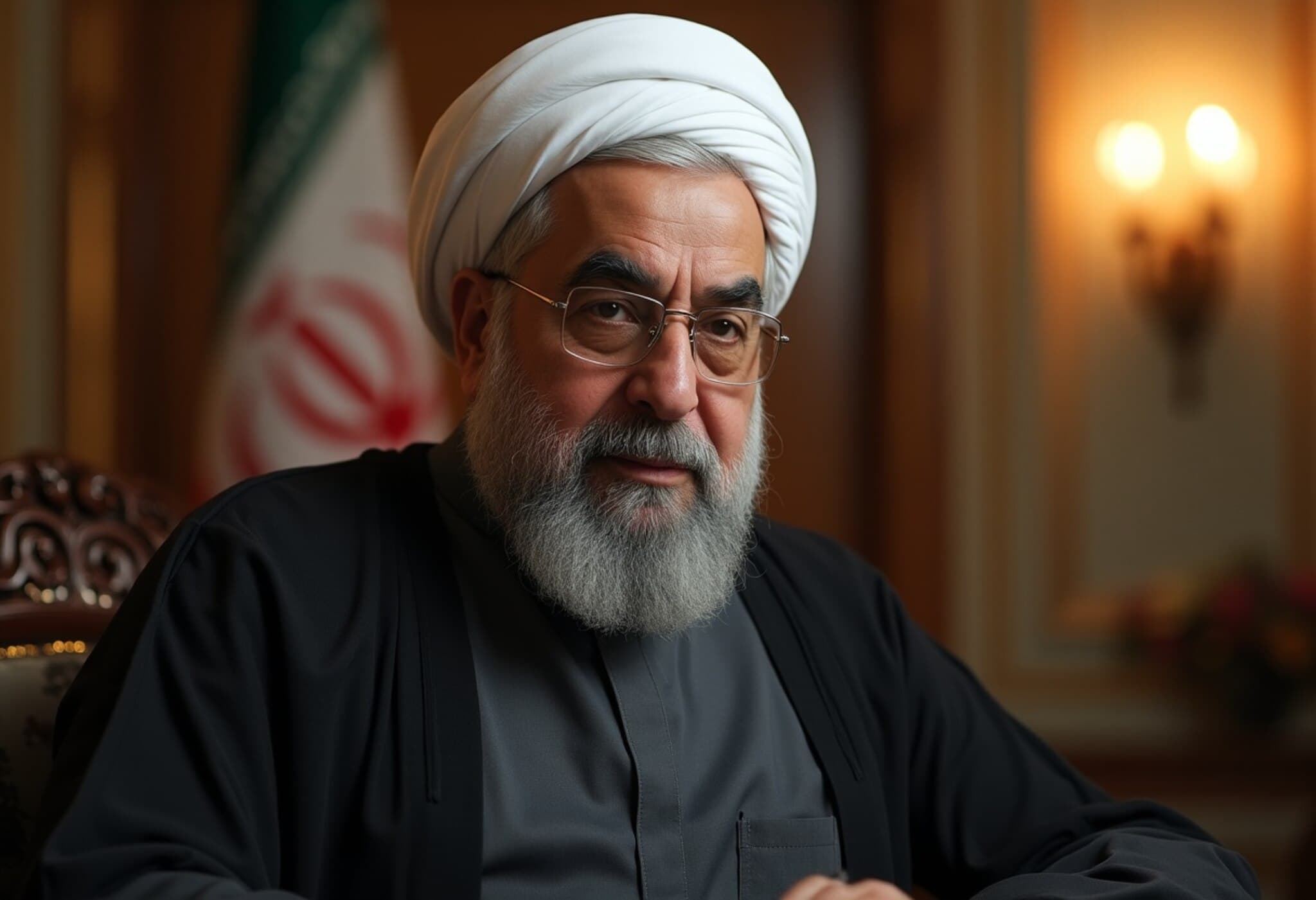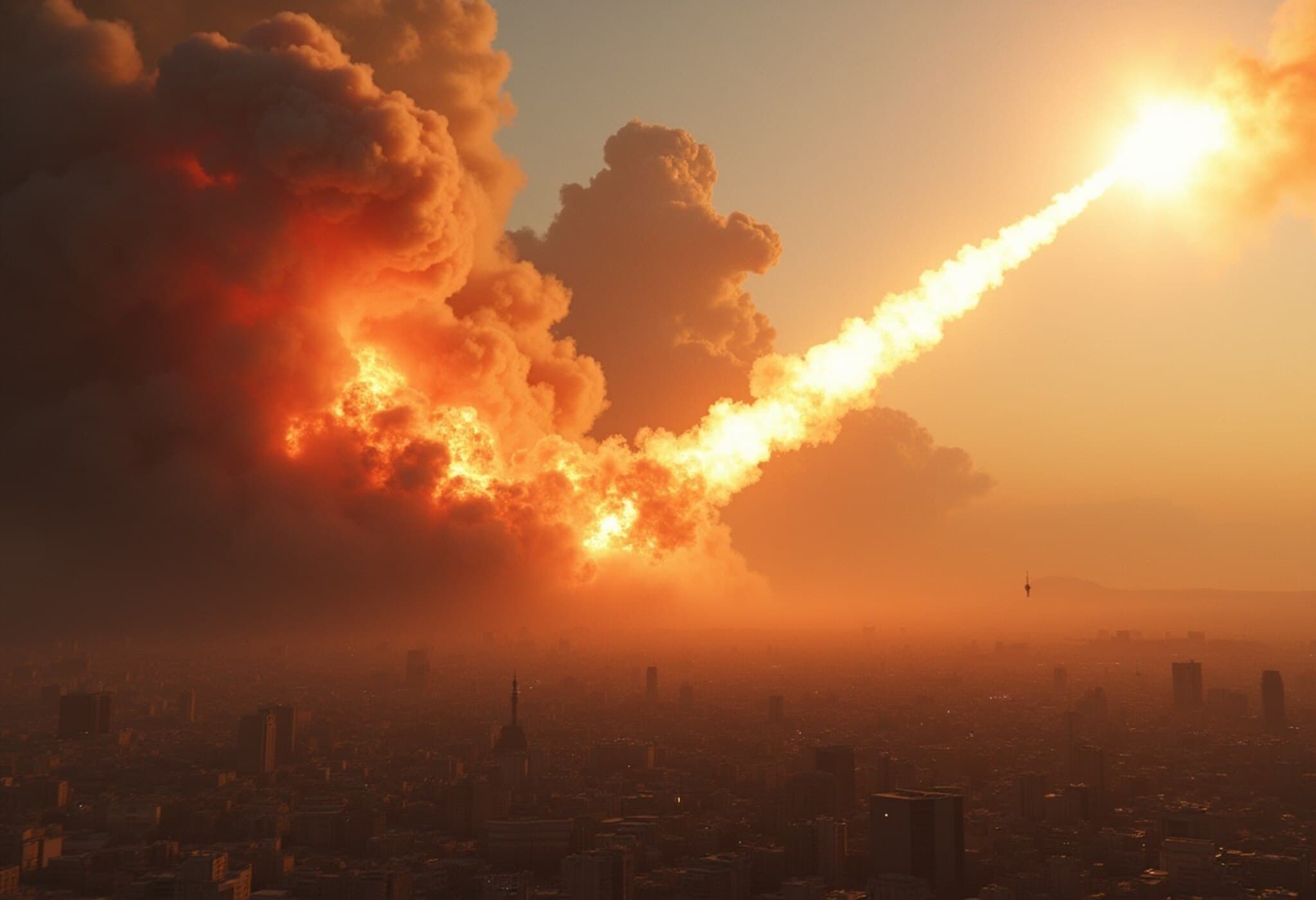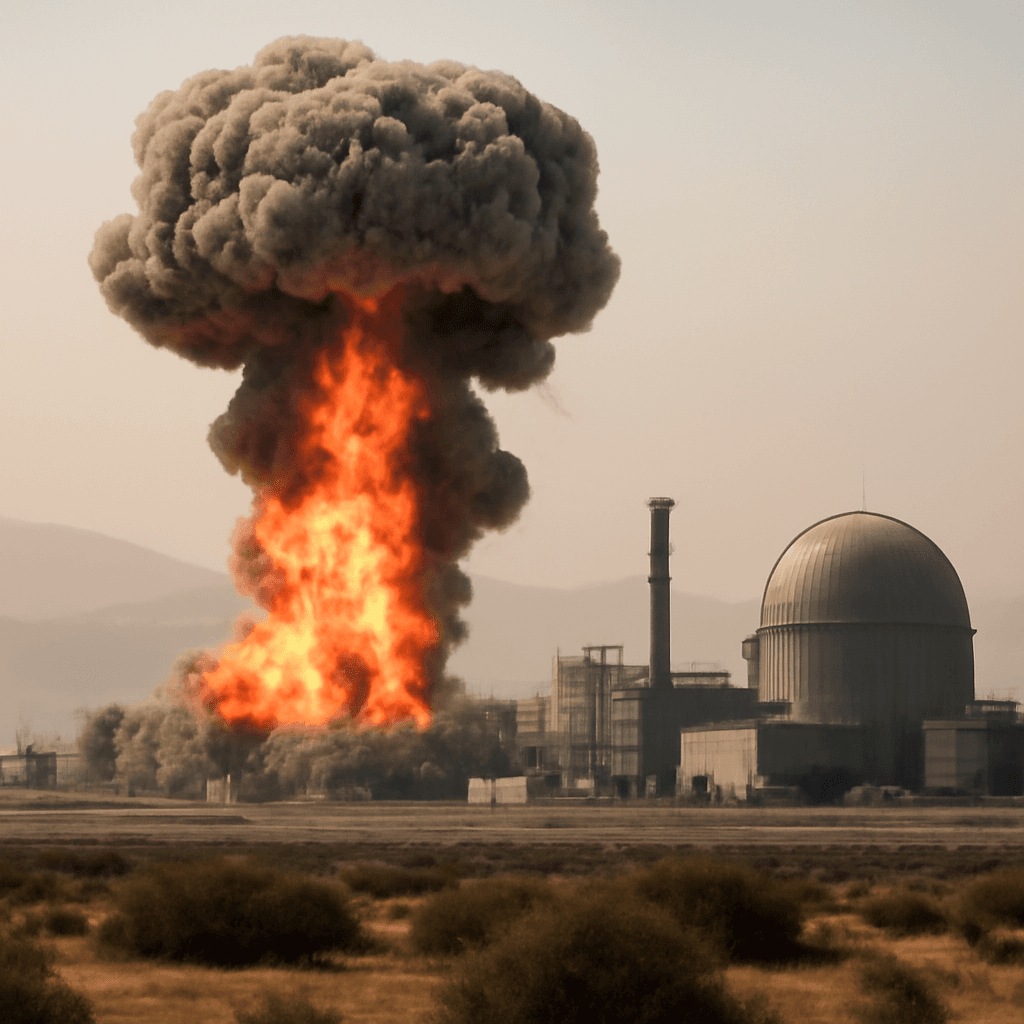Iran Retaliates With Massive Drone Attack on Israel
In a dramatic escalation, Iran launched over 100 drones toward Israeli territory early Friday morning in retaliation for a recent missile strike by Israel that reportedly killed at least three of Iran’s top military commanders. This marks the largest assault on Iran since the Iran-Iraq war of the 1980s.
Senior Iranian Commanders Targeted in Strikes
Israel confirmed that its airstrikes eliminated the Chief of Staff of the Iranian Armed Forces, the commander of the Islamic Revolutionary Guard Corps (IRGC), and the head of Iran’s Emergency Command. The Israeli Defense Forces spokesperson emphasized ongoing efforts to intercept the incoming swarm of Iranian drones.
Meanwhile, rocket sirens blared across northern Jordan, as the country reported successfully intercepting several Iranian drone incursions in its airspace.
Global Markets Tumble Amid Fears of Wider Conflict
The sudden surge in hostilities sent shockwaves through global markets. Oil prices soared, with Brent crude briefly spiking over 13% to surpass $78 per barrel, before settling at lower, yet elevated, levels. Worries over supply disruptions rattled investors, given the Middle East accounts for about one-third of the world’s oil output.
Asian and European stock markets plunged amid growing anxiety about a broader regional war. By early London trading hours, major European indices fell sharply, with the FTSE 100 down more than 500 points. U.S. oil benchmarks, including West Texas Intermediate (WTI), also jumped significantly, with WTI trading around $71.27 per barrel.
Diplomatic Tensions and Uncertain U.S. Role
The Israeli strike notably targeted nuclear enrichment sites, striking just days before scheduled negotiations for a renewed nuclear deal between the U.S. and Iran. The U.S. State Department clarified that Washington was not involved in Israel’s offensive, with high-level officials urging Iran to avoid retaliating against American interests in the region.
However, Iran has shifted blame to the U.S., threatening to hold Washington accountable for the fallout of Israel’s attacks.
Adding to the tension, the U.S. National Security Council is set to convene for an emergency meeting later today, signaling intense focus on the unfolding crisis.
The Road Ahead: What to Watch
- The international community will closely monitor Iran’s next moves—whether further military escalation or diplomatic negotiations.
- Markets remain volatile amid uncertainties surrounding energy supplies and geopolitical stability in a key global oil-producing region.
- The U.S. government’s decisions in the coming hours could be pivotal in either calming or inflaming the situation.
This rapidly evolving situation underscores the fragility of peace in a volatile region that plays a crucial role in the global economy.







